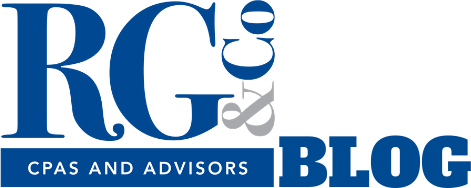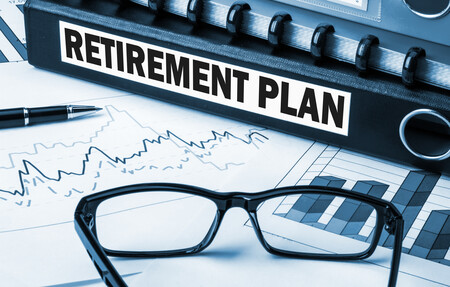By Kevin R. Bass, CPA
TAX CREDITS
The SECURE 2.0 Act passed last year is now in effect. This law contains nearly a hundred provisions for retirement plans and impacts numerous areas around contributions, tax credits, distributions, plan structures, and more. These provisions are phased in over the next several years, but here’s a look at what is in effect now in 2023.
Modification of credit for small employer pension plan startup costs (Section 102)—The small business startup credit is increased to 100% of administrative costs for employers with up to 50 employees, up from 50%. An additional credit is provided for plans except defined benefit plans, in the amount of a percentage of the amount contributed by the employer up to a per-employee cap of $1,000. The additional credit percentage is 100% in the first and second years of the plan, 75% in the third, 50% in the fourth, and 25% in the fifth, with no tax credit thereafter.
Military spouse retirement plan eligibility credit for small employers (Section 112)—This provides defined contribution plan tax credits for small employers who meet certain criteria in vesting military spouses. The criteria includes making military spouses immediately eligible for participation, for any matching or nonelective contribution, and 100% vested in all employer contributions. Employers who meet the criteria can receive a tax credit of $200 per military spouse and 100% of all employer contributions (up to $300) made on their behalf, for a maximum credit of $500.
PLAN FEATURES
Optional treatment of employer matching or nonelective contributions as Roth contributions (Section 604)—Employers offering defined contribution plans (401k, 402b, or 457b) may now offer participants the option of receiving matching contributions on a Roth basis, previously not permitted.
Small immediate financial incentives for contributing to a retirement plan (Section 113)—Employers may offer “de minimis” financial incentives such as low-dollar gift cards (not paid for with plan assets) to motivate employees to participate in workplace retirement plans.
DISTRIBUTIONS & WITHDRAWALS
Increase in age for required beginning date for mandatory distributions (Section 107)—The required minimum retirement plan distribution age is extended to age 73 (previously 72).
Reduction in excise tax on certain accumulations in qualified retirement plans (Section 302)—The penalty for failing to take requirement minimum distributions is reduced from 50 to 25%; if the failure was from an IRA and is corrected in a timely manner, it is further reduced to 10%.
Employer may rely on employee certifying that deemed hardship distributions are met (Section 312)—In some situations, employers may accept employees’ self-certification that they qualify for a retirement plan hardship withdrawal.
Special rules for use of retirement funds in connection with qualified federally declared disasters (Section 331)—Up to $22,000 may be distributed from retirement funds for individuals affected by a federally-declared disaster, without the 10% additional tax. Distributions are, though, considered gross income over three years. Any distributions may be repaid. This rule is effective for disasters on or after January 26, 2021.
This is an overview of the most significant SECURE Act 2.0 sections that are in effect this year; there are others. Visit here to review the complete Act.
For questions or assistance with how these changes may impact you or your business, please contact the author or one of our tax or retirement experts at 813-875-7774. Watch for additional articles on provisions going into effect in subsequent years soon.
About the Author
Kevin R. Bass, CPA, is a shareholder at Rivero, Gordimer & Company. His areas of expertise include tax preparation, planning, and consultation for individuals and closely held corporations and partnerships, general financial and operational consulting, QuickBooks Pro accounting systems consulting, mergers and acquisitions, international tax, and representation of clients before the IRS. His experience includes real estate, healthcare, veterinary, construction, manufacturing, and trucking. Mr. Bass also has extensive experience in various tax-related topics including income and estate tax and retirement planning. He is a member of our Construction & Real Estate, Engineering, Manufacturing, and Trucking committees. Contact Mr. Bass at 813-875-7774.




